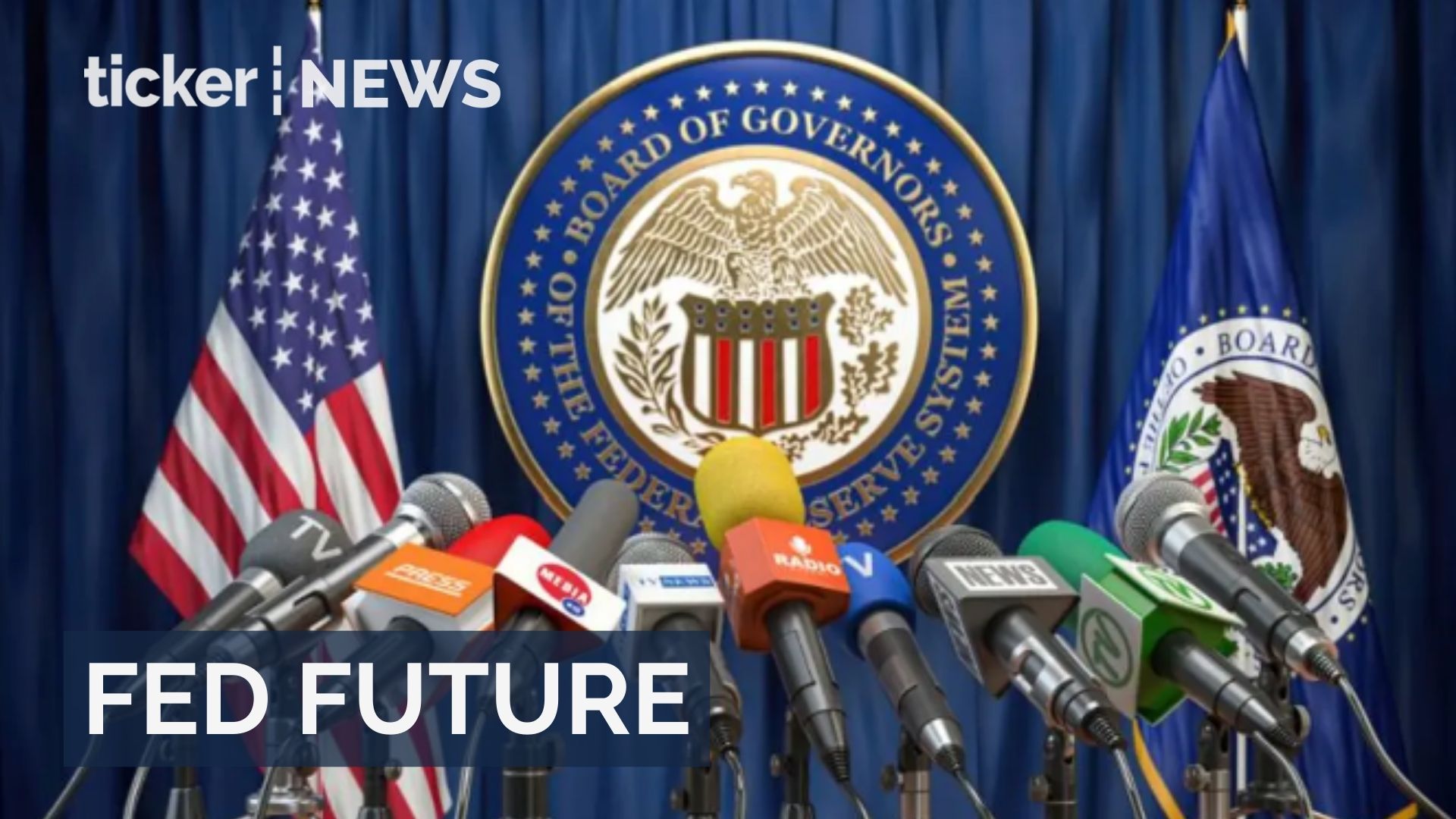News
Turkey Approves Swedish Bid for NATO Membership

News
U.S. approves Nvidia H200 chip exports to China amid tensions
U.S. approves Nvidia’s H200 AI chip exports to China, balancing security with tech collaboration amid ongoing tensions.
News
Fed faces challenges ahead of Trump’s nominee as rate decisions loom
Fed faces critical leadership transition as Trump nominates new chair amid economic uncertainty and potential rate cut discussions.
News
Paramount makes $108B hostile bid for Warner Bros Discovery
Paramount’s $108.4B bid for Warner Bros reshapes media landscape, likely facing antitrust hurdles amid board’s Netflix preference.
-



 News5 days ago
News5 days agoEU launches antitrust probe into Meta over WhatsApp AI policy
-



 Shows2 days ago
Shows2 days agoBrisbane’s economic growth and innovation drive 2032 goals
-



 Leaders13 hours ago
Leaders13 hours agoH2Pro focuses on affordable green hydrogen
-



 Leaders13 hours ago
Leaders13 hours agoCarbonBlue revolutionises carbon capture and lime production
-



 News5 days ago
News5 days agoTasmania AFL team confirmed: Macquarie Point stadium legislation passes
-



 Shows2 days ago
Shows2 days agoFusion of East and West: A recipe for success
-



 Shows5 days ago
Shows5 days agoAccessibility gaps in cybersecurity
-



 Leaders5 days ago
Leaders5 days agoExperts question social media ban’s effectiveness for youth






